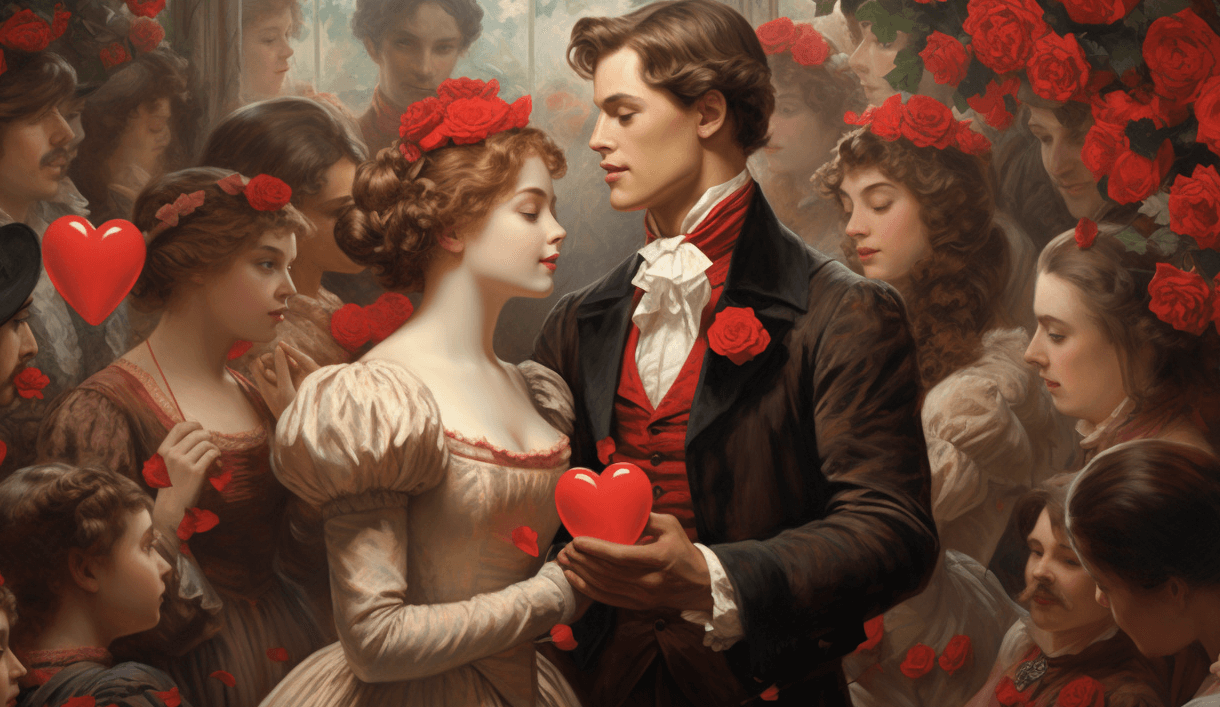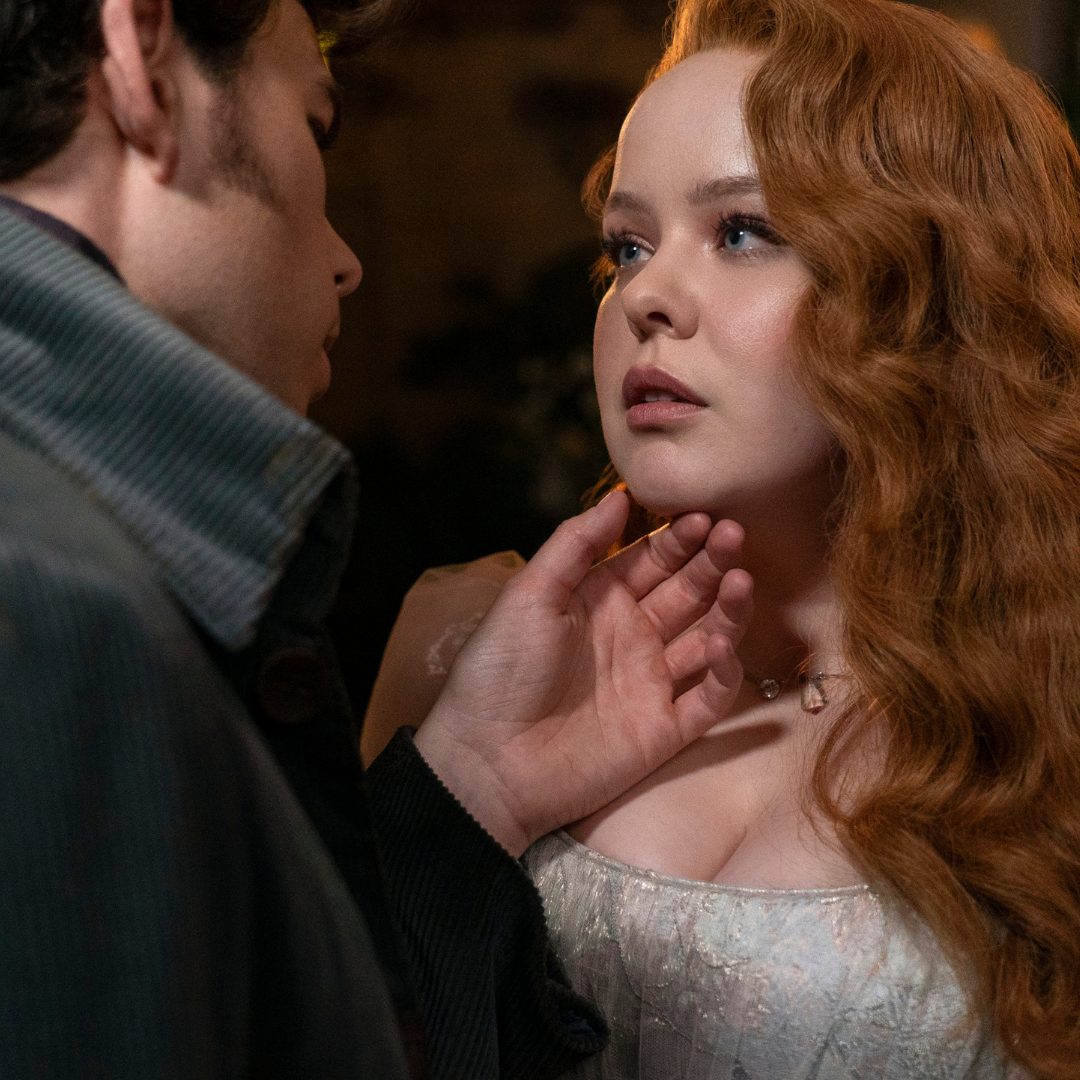Gallery
Photos from events, contest for the best costume, videos from master classes.
 |  |
 |  |
 |  |
 |  |
 |  |
 |  |
Valentine's Day is a time to celebrate romance and love and kissy-face fealty. But the origins of this festival of candy and cupids are actually dark, bloody — and a bit muddled. Valentine's Day as a Commercial Holiday . Valentine's Day is no longer part of the official liturgical calendar of any Christian church; it was dropped from the Catholic calendar in 1969. Its not a feast, a celebration, or a memorial of any martyrs. Lupercalia was an ancient pagan festival held each year in Rome on February 15. Although Valentine’s Day shares its name with a martyred Christian saint, some historians believe the holiday is The holiday’s origins likely predate the venerated saint. The date of St. Valentine’s execution, the day after the February full moon, might be the real connection with affection. As fans of Shakespeare know, the Idus or “Ides” of each month on the ancient Roman calendar was the day of the full moon. So much happiness, inner power, peace and many blessings await those who do. Happy Valentine’s Day, and a blessèd Lupercalia to those who will celebrate with me. For those wishing to develop a relationship with Lupa, I highly recommend Pagan Portals: Lupa: She-Wolf of Rome and Mother of Destiny by Rachel S. Roberts ** About the Author: Hello Valentine’s Day originated from the pagan festival Lupercalia which is a celebration of fertility and purification. Lupercalia is named after Lupercus, the god of fertility and hunter of wolves Historical Crossroads: Valentine’s Day and Lupercalia. While Valentine’s Day is widely recognized as a celebration of love in modern times, its historical roots are far more intricate and, believe it or not, a bit wilder. The mid-February timing of Valentine’s Day intriguingly aligns with the ancient Roman festival of Lupercalia Prior to the rebirth of Rome into an international religious institution Valentines day (like all “Christian” holidays) was actually a pagan astrological and fertility ritual based in blood and sacrifice. This day was called Lupercalia from the Latin root “Lupus” meaning “Wolf.” Well here you go. When Valentine's Day looms on the horizon, many people start thinking about love. Did you know that the modern Valentine's Day, although named for a martyred saint, actually has its roots in an early Pagan custom? Let's take a look at how Valentine's Day evolved from a Roman festival into the marketing behemoth that it is today. Every year on February 14, the world marks Valentine’s Day. Millions send messages and gifts of love to the people most important in their lives. You’d be forgiven for thinking the fourteenth has its roots in the Christian faith, with the day seemingly named after Saint Valentine, a priest who lived during the third century AD. Celebrating Valentine’s Day is for the birds. Or maybe, it would be better to say that celebrating Valentine’s Day is from the birds.. At least one explanation of why the Feast of St. Valentine is considered a day for love and romance has to do with what the Catholic Encyclopedia called “a conventional belief generally received in England and France during the Middle Ages, that on Feb To the surprise of many, Valentine's Day isn't an innocent secular holiday; infact the true origins of Valentine's day has it's roots in the occult. Namely in the pagan worship of Baal, the sungod. The religion of Babylon (Baal worship) is the mother of most false religions and its influence is still felt world wide, including in today's churches. Is Valentine’s Day only about romantic love? No, Valentine’s Day is about all forms of love—romantic, self-love, compassionate love, and universal love. It’s a day to celebrate the connections that enrich your life on every level. 2. How can I make Valentine’s Day more meaningful if I’m single? You can focus on self-love and Valentine’s Day, as we know it today, has roots in both pagan and Christian traditions. The earliest precursor to Valentine’s Day was the ancient Roman festival Lupercalia, celebrated mid Origins of Valentine’s Day: A Pagan Festival in February . Valentine's Day Meaning: A Day of Romance and Love. K.J. Historical/Corbis/Getty Images. A victorian valentine depicting cupids. On Valentine's Day, millions present flowers, chocolates and cards to their sweethearts.While the holiday's traditions really became cemented in the 1800s, historians link its roots to wild pagan Valentine's Day Today: A Soft Echo of Pagan Roots We see Valentine's Day as a time for sentimental notes, plush teddy bears, and sweet tokens of love. We wear pink or red sweaters and expect romantic gestures from partners, or at least from the greeting card aisle at the store. Valentine’s Day: Christian or Pagan? The exact date of Saint Valentine’s death is lost to history. So why do we celebrate Valentine’s Day on 14 February? Some historians believe the date could be Christianity’s attempt to replace the ancient Pagan celebration of Lupercalia, a fertility festival for the pagan agricultural god Faunus. Valentine’s Day is the holiday (February 14) when lovers express their affection with greetings and gifts. It may have had beginnings in the Roman festival of Lupercalia, which celebrated the coming of spring and included fertility rites and other activities, but the origin of the holiday is vague at best. Become Our Patreon: to: Rational Believer: http
Articles and news, personal stories, interviews with experts.
Photos from events, contest for the best costume, videos from master classes.
 |  |
 |  |
 |  |
 |  |
 |  |
 |  |